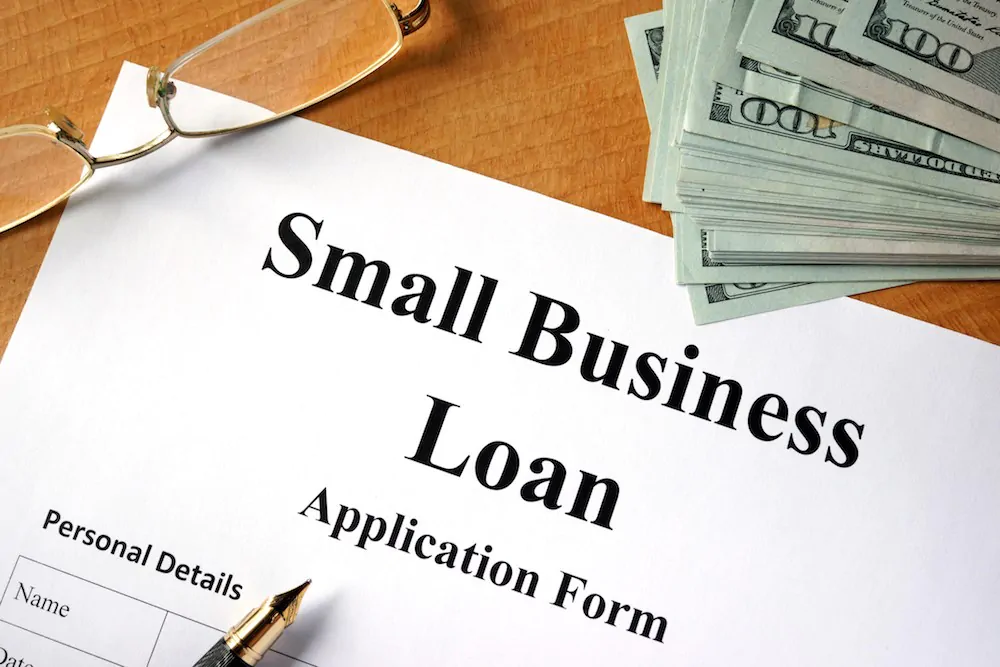If you’re thinking about buying an existing business and need financing, you may be wondering whether an SBA (Small Business Administration) loan can help. The good news is that you can use an SBA loan to buy an existing business, even one with a purchase price of $1.9 million. However, there are several factors involved in the process, and it’s important to understand how SBA loans work, what eligibility criteria you must meet, and what the application process entails.
Understanding SBA Loans for Business Acquisition
SBA loans are designed to support small businesses by making it easier for them to access financing through banks and other lenders. The SBA itself doesn’t lend money directly but guarantees a portion of the loan, reducing the risk for the lender. The SBA 7(a) loan is the most common option for business acquisitions and is frequently used to buy existing businesses. This type of loan allows entrepreneurs to secure funding for up to $5 million. Which means a $1.9 million business purchase is well within reach.
SBA loans are attractive because they offer favorable terms. The repayment period for a business acquisition loan can extend up to 10 years, making monthly payments more manageable. Interest rates on SBA loans are generally lower than conventional loans. And because the SBA guarantees a portion of the loan, lenders are more willing to offer competitive rates.
Eligibility Criteria for SBA Loans
Both you and the business you are purchasing need to meet certain criteria to qualify for an SBA loan. The SBA defines a “small business” by its revenue and number of employees, which varies by industry. Most businesses will meet these standards, but it’s important to check if the business you want to buy qualifies.
From a personal perspective, lenders will assess your financial situation, including your credit score. While the SBA does not have a set minimum, most lenders require a credit score of at least 680. If your credit score is lower, it may be more difficult to secure the loan, or you may be required to make a higher down payment.
Additionally, your business experience can play a role in your eligibility. Lenders like to see that you have experience in the industry you’re buying into because this reduces the risk that the business will fail under your ownership. If you have experience in the field, it can strengthen your application and potentially lead to better loan terms.
Down Payment Requirements
One of the key components of securing an SBA loan is the down payment. Lenders typically require a down payment of 10-20% of the purchase price. For a $1.9 million business, this means you’ll need between $190,000 and $380,000 in cash to cover the down payment. This is a significant amount, so it’s important to have enough reserves ready to go when you start the loan application process.
In some cases, the seller may agree to help finance part of the sale through seller financing, where the seller provides a loan for part of the purchase price. This can help reduce the amount of cash you need upfront and make the deal more feasible.
Business Financials and Valuation
The lender will also carefully examine the financial health of the business you’re purchasing. They’ll review the company’s tax returns, profit and loss statements, and other financial documents to ensure that the business is profitable enough to repay the loan. It’s crucial to provide accurate and up-to-date financial information to the lender to avoid delays in the approval process.
An essential part of buying a business is obtaining a business valuation. A professional valuation will determine whether the $1.9 million asking price is reasonable. This helps the lender feel confident that they’re not lending more than the business is worth, and it also protects you from overpaying. The valuation process is an important step in the due diligence process, as it ensures the purchase price reflects the business’s true value.
The Importance of a Business Plan
Even though you’re buying an established business, you’ll need to submit a detailed business plan when applying for an SBA loan. This plan should explain how you intend to run and grow the business. Lenders want to see that you’ve thought through your strategies for managing the business and ensuring its continued success.
Your business plan should include an overview of the market, an analysis of the competition, and a breakdown of your goals for the business. Lenders will want to know that you have a clear vision for how you’ll make the business thrive under your ownership. A solid business plan can make a huge difference in getting your loan approved.
The SBA Loan Application Process
The process of applying for an SBA loan can be time-consuming and involves several steps. The first step is to find an SBA-approved lender. Not all banks and financial institutions offer SBA loans, so you’ll need to identify those that do.
Once you’ve found a lender, you can begin the prequalification process. During prequalification, the lender will review your financials, as well as the business’s financials, to give you an idea of how much you can borrow and what terms you can expect.
After prequalification, you’ll submit a formal application. This includes a lot of paperwork, such as personal and business tax returns, financial statements, and the business plan. You’ll also need to provide the purchase agreement for the business and the business valuation.
The approval process can take anywhere from 60 to 90 days, so it’s important to be patient. The SBA takes time to thoroughly review each application, as they want to ensure the loan will be repaid. Once approved, you’ll move into the closing phase, where funds are disbursed, and you officially take ownership of the business.
Benefits of SBA Loans for Business Purchases
One of the major benefits of an SBA loan is the relatively low down payment compared to other types of financing. Instead of requiring 30-40% down like some traditional loans. SBA loans often only require 10-20%, making it more accessible for buyers who may not have large amounts of cash on hand.
SBA loans also offer longer repayment terms, which help keep monthly payments affordable. Instead of a five-year term, you may have up to 10 years to repay the loan. Which can give you more breathing room as you get settled into running the business.
Finally, SBA loans generally have lower interest rates than other types of business loans. Since the SBA guarantees part of the loan, lenders are able to offer lower rates. Which can save you a significant amount of money over the life of the loan.
Challenges of SBA Loans
While there are many benefits to SBA loans, there are also some challenges to be aware of. One of the main challenges is the lengthy approval process. Compared to conventional loans, SBA loans take longer to approve because of the additional documentation and reviews required by the SBA. It’s important to factor in this timeline when planning your business purchase.
Another challenge is the need to provide extensive documentation. You must submit a lot of financial information about both yourself and the business. This task can feel daunting, but it’s necessary for loan approval.
Finally, while the down payment requirement is lower than many other loans, it’s still a large amount of money. For a $1.9 million business, you’ll need at least $190,000, and possibly more, for the down payment. It’s important to have a solid plan in place for securing this funding.
Conclusion
Getting an SBA loan to buy an existing business for $1.9 million is definitely possible. But it requires preparation and attention to detail. With favorable terms like lower down payments, competitive interest rates, and longer repayment periods. SBA loans are a great option for financing a business acquisition. However, the process may take time, and you need to provide extensive documentation, so it’s essential to stay organized and patient. By understanding the loan requirements and working with an SBA-approved lender. You can secure the funding you need to become the proud owner of a successful business.







More Stories
A Comprehensive Guide to Funding Rounds
Modern Approaches to IFRS Standards Adoption
Risk Valuations in Financial Planning